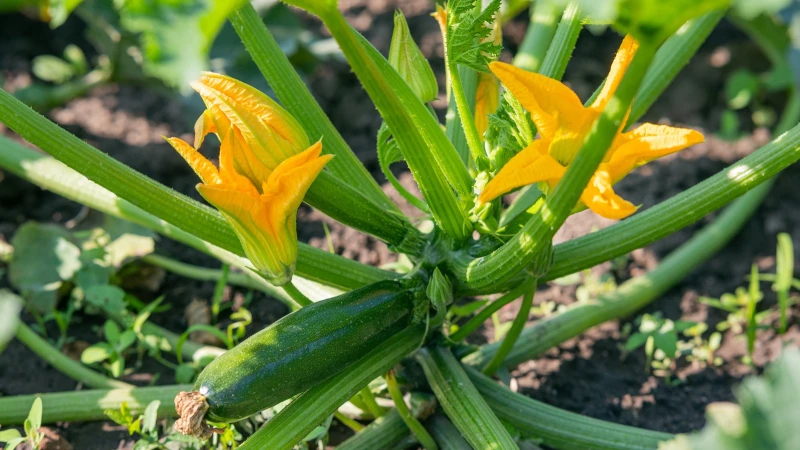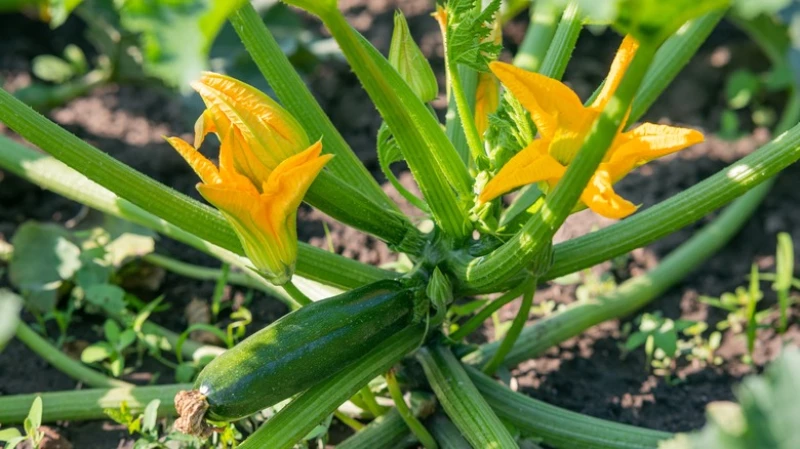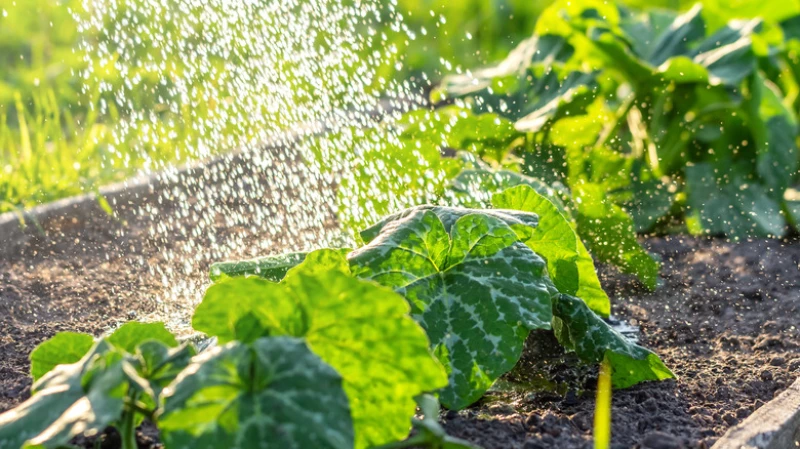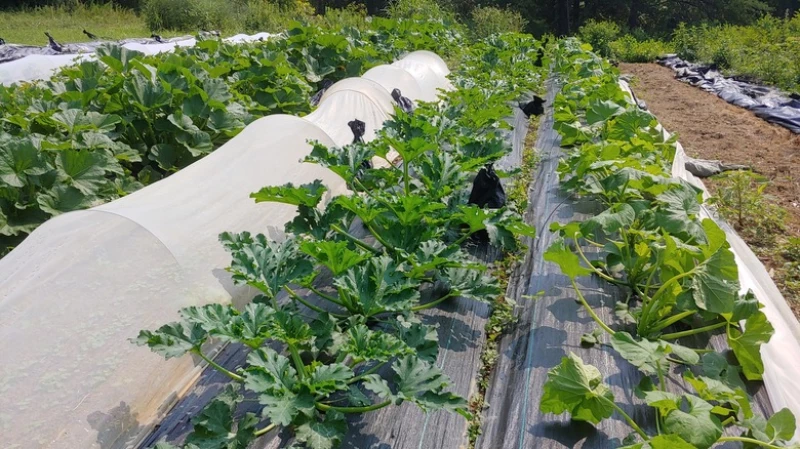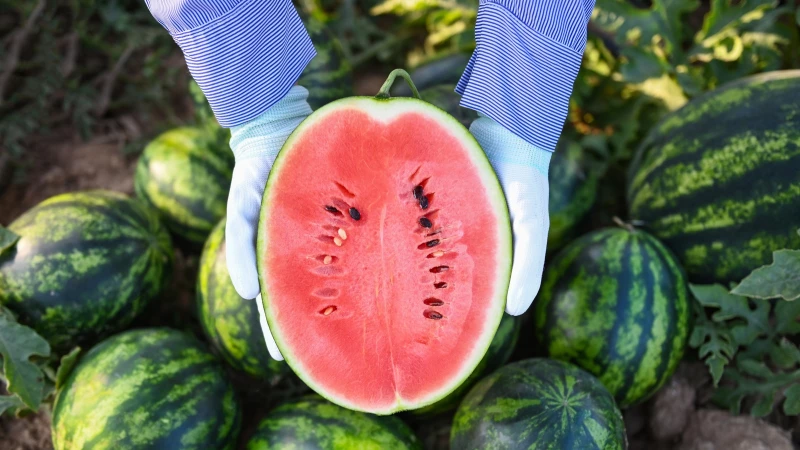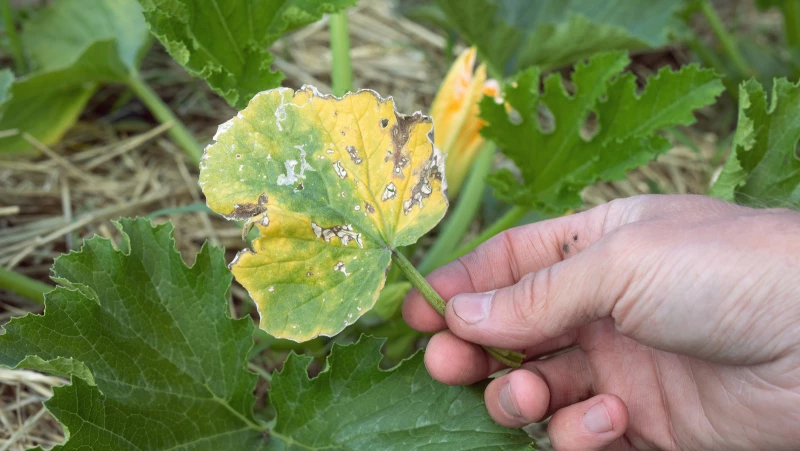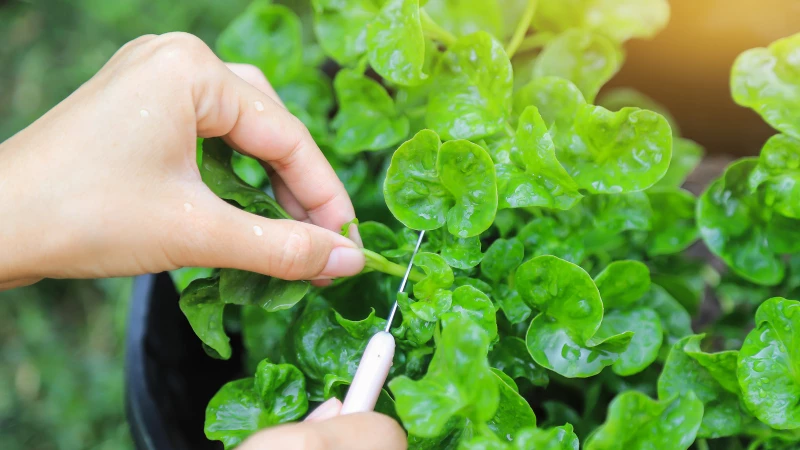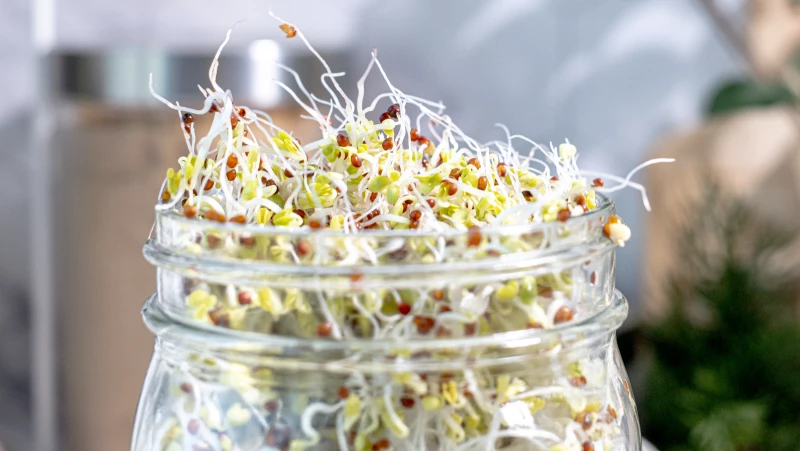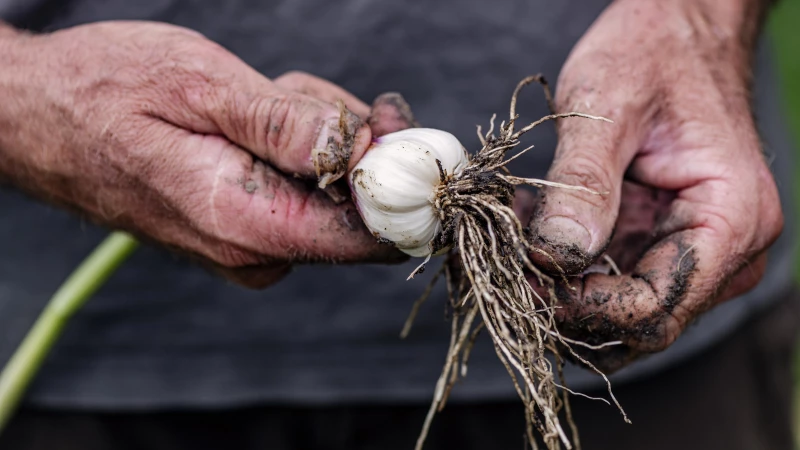As the summer season approaches, many gardeners are gearing up for a bountiful harvest of zucchini. However, the presence of pests can hinder the production of these beloved crops. To protect zucchini plants without harming beneficial insects, there are various natural methods that can be employed. Companion planting, row covers, aluminum foil, neem oil, and even water can all help keep pests at bay, ensuring a steady supply of zucchinis for eager gardeners.
It is essential to safeguard pollinators while implementing pest control measures. These natural methods are generally safe for beneficial insects, but it is still important to exercise caution. Avoid treating zucchini plants during peak pollinator activity, such as midday, and be vigilant for beneficial insect eggs that may be present on the plants. By being mindful of these factors, gardeners can enjoy a successful zucchini harvest while preserving the ecosystem in their gardens.
Attract beneficial insects with companion plants
To effectively combat pests in your garden, consider using water as a natural solution. A strong jet of water from a hose can dislodge and remove many common garden pests like aphids, spider mites, and whiteflies. This method is safe for plants and the environment, making it an eco-friendly pest control option. By regularly spraying your plants with water, you can reduce pest populations and keep your garden healthy without the need for harmful chemicals.
Watering your garden not only helps your plants grow strong but also serves as a powerful tool in pest management. Make it a habit to spray your plants with water in the early morning or late evening when pests are most active. Focus on the undersides of leaves and areas where pests tend to gather. By using water as a natural pesticide, you can maintain a healthy garden ecosystem and protect your plants from damage caused by common pests.
Dealing with pest problems organically can be as simple as using water. There are various ways water can help, such as drowning pests, using soapy water to kill them, or spraying them off the plant. To drown aphids, for example, you can place shallow pans of water near the zucchini plant. A yellow tray can attract them into the water, where they will be unable to escape. While this method may have varying levels of success, it's worth a try if you find the right spot for it. Another effective method is to wash pests off the plants directly. Use a stream of water strong enough to remove the pests without damaging the plants. Wash away any adults, larvae, or eggs you come across. This method is particularly useful against tiny pests like spider mites and whiteflies.
Soapy water is also a popular solution for pests due to its effectiveness. All you need is a spray bottle filled with soapy water to eliminate pests such as whiteflies, mites, aphids, and thrips. While it can be used on larger pests like vine borers and squash bugs, it's most effective on smaller pests that can be easily washed away from the plant. Make sure the soapy water completely covers the pests for maximum effectiveness.
Armor seedlings with aluminum foil
Some infiltrators, like squash vine borers, have a knack for devouring plants from the inside out. To prevent these pests from wreaking havoc on your garden, consider using the aluminum foil hack. This method involves creating a physical barrier by wrapping aluminum foil around the base of the plant, effectively keeping squash vine borers at bay. The foil can be easily molded around the plant without hindering its growth, providing protection against not only vine borers but also aphids and other pests that may land on the plant. To implement this technique, simply dig away some soil from the base of the plant to expose a portion of the stem that was previously underground. Wrap the foil around the plant from the soil line and extend it a few inches above the ground. Finally, replace the soil to cover a portion of the foil, effectively blocking vine borers and other hungry pests from accessing the stem both above and below ground.
While applying foil around the stems can help deter pests, it's important not to cover the flowers and leaves. Doing so could prevent pollinators from reaching the flowers or obstruct the leaves from receiving adequate sunlight. Focus on covering the stems to prevent sap-sucking or plant-eating pests from tunneling through your zucchini plant.
Use neem oil as a natural pest control
A troublesome season of pest problems may lure you into the garden center's chemical section. However, before you bring out the stuff that can harm people, pets, and beneficial insects, try a natural solution first. Neem oil is a popular solution that can help kill existing pest problems. The oil is taken from the neem tree, so while it can kill bugs, it's completely natural. There are organic-certified options for those who want to participate in truly organic gardening.
Neem oil can be utilized in the garden as a dual-purpose solution, serving as a repellent and a contact spray. Its application on plants can deter adult pests from laying eggs and feeding on the plant. When directly applied to pests, neem oil disrupts their feeding, prevents molting, and ultimately leads to their demise. The effectiveness of neem oil is particularly notable on larvae with soft bodies, making it less impactful on adult insects. Nevertheless, by halting the egg-laying activity of adult pests, neem oil can interrupt their life cycle and significantly diminish the pest population on zucchini plants, potentially eradicating them entirely. It is important to note that neem oil is effective against any soft-bodied insect, so caution must be exercised in its application to avoid harming beneficial insects and their eggs or larvae.

